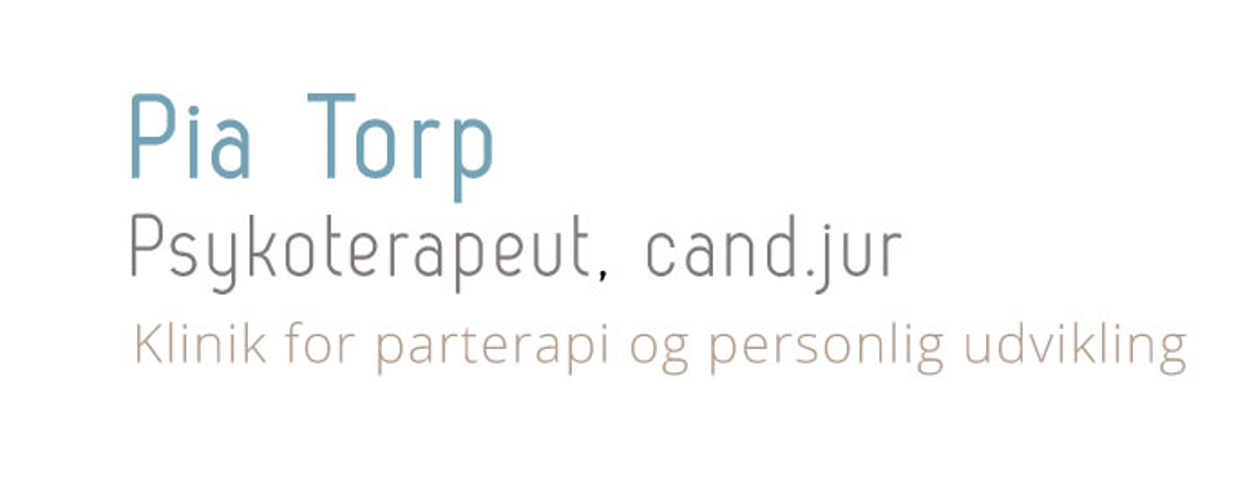Finding a psychotherapist
Many say that change already begins with the decision to start therapy. Here are some tips on what to look for when finding a couples therapist / psychotherapist. Remember that a skilled, professional therapist is trained to create a safe space. You will likely forget any insecurity or doubt as soon as you get started.
- Find a few therapists that you feel are interesting and have a phone conversation or see if there is an opportunity for a free initial meeting, so you can feel if the chemistry is good. Check how you feel after the conversation. Did you feel heard? Safe? Was it a competent person?
- Remember that you are the one in control and choosing. You can ask the therapist the following:
a. What is your educational background? Where did you receive your education? How long did the education last? What is your stance on therapy / couples therapy? What kind of therapist are you? Look for whether the therapist is a member of MPF, a member of the Danish Psychotherapist Association, so you have insurance and a place to go with any complaints.
b) How long have you been practicing? How much experience do you have with couples therapy?
c) Do you have special training in couples therapy? What kind? Many therapists offer couples therapy without a relevant background (or a short course as part of an education) to work with couples, so you can ensure by asking what kind of couples therapy is offered and if they have a psychological or psychotherapeutic background as a foundation.
(REMEMBER: Emotionally Focused Therapy - EFT is a research-approved couples therapy but you may also benefit from educations like e.g. Imago, Gottmann Institute)d) Do you receive ongoing supervision? (Ensures that your therapist continually updates their knowledge, themselves, and quality of work). It's your assurance of quality.
Once you have chosen your therapist, it's perfectly fine to together set a goal for where the therapy should lead you. You can also inquire about how the therapist will measure or evaluate progress or the path towards the goal.
Also talk about how you feel the relationship is between you and the therapist – between the two of you. It can give you a lot of learning about how you / you are in other relationships.
And if you need to end the therapy it is always helpful for the therapist to learn about your reason or get some feedback.

About Pia Torp
I have an academic background (MSc in Law), am a certified psychotherapist (MPF) and an internationally certified (ICEEFT) specialist in EFT Couples Therapy.
Would you like to hear more about what I can help you with as a therapist?
Contact me at:
E: kontaktpiatorp@gmail.com
T: +45 2372 3649



